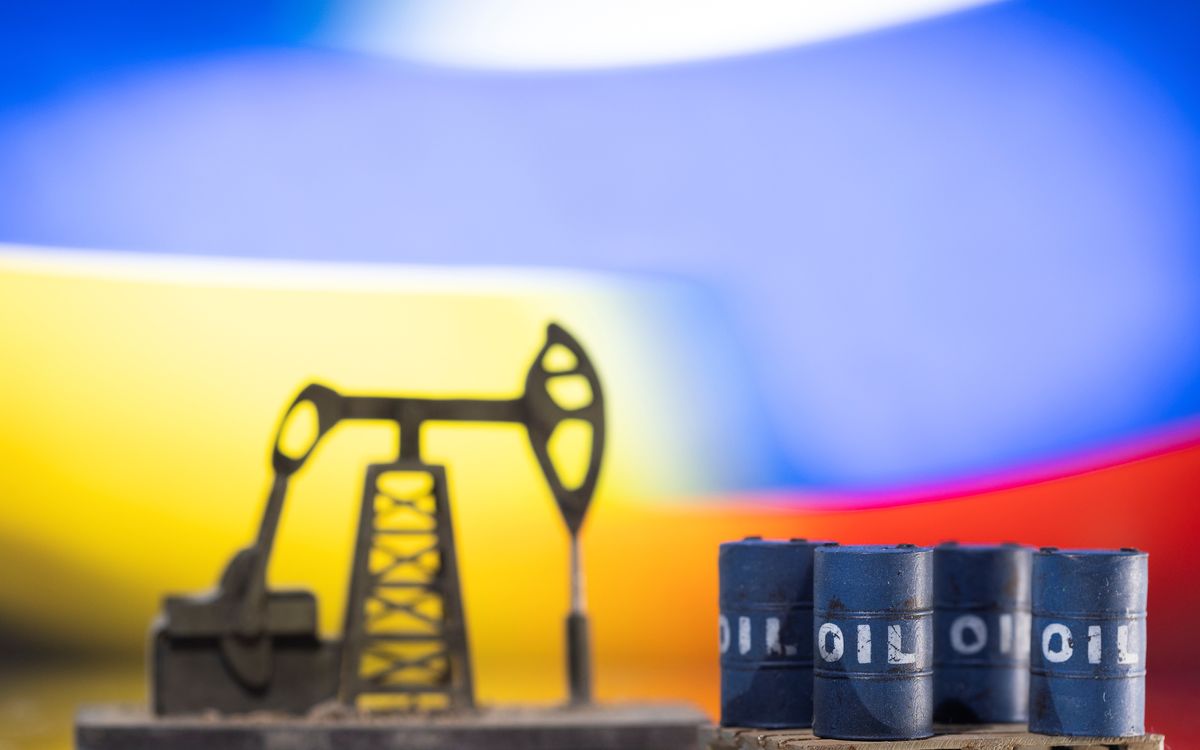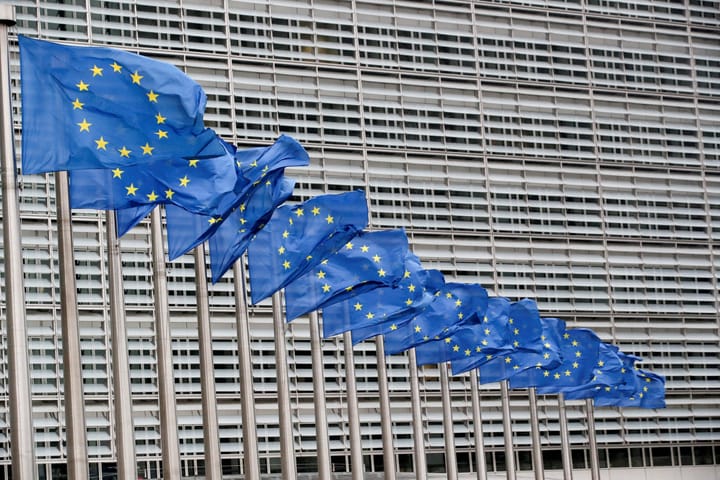How is Russia surviving the oil trade restrictions imposed by the West?
Ukraine’s allies in the West have been trying to figure out a way to curb Russian revenue.

A few minutes every morning is all you need.
Stay up to date on the world's Headlines and Human Stories. It's fun, it's factual, it's fluff-free.
The backstory: Ukraine’s allies in the West have been trying to figure out a way to curb Russian revenue. Russia relies heavily on its oil and gas industry for cash; it’s the third-largest oil producer in the world. So, last December, the EU put an embargo on most Russian crude oil. Around the same time, the G7 put a US$60 price cap on Russian crude. These measures were put in place to curb Russia’s oil revenue slowly and still maintain enough incentive to keep oil pouring into the market.
More recently: The EU has decided to put more energy sanctions on Russia. This past Sunday, the bloc stopped importing Russian diesel fuel and other oil products, and the G7 also capped their prices. Europe had been the largest importer of Russian oil, but now it’s had to look elsewhere for oil. As these restrictions have come into play, Russia has been pivoting its oil exports to Asia to keep the cash coming in. In 2022, Russia actually made more money from energy exports, possibly diverting more funds toward the war effort.
The development: Still, analysts are saying it could take years before we see any big hit to Russia’s oil sector. Last week, the IMF said the oil price cap probably wouldn’t affect Russian oil export volumes, and the Russian economy will most likely grow 0.3% this year, even though it shrunk by 2.2% in 2022. So, Russia continues to produce and export more and more oil, but its revenue is dropping because its oil companies need to offer steeper discounts to a smaller supply of buyers. In the end, global oil prices determine how much money it can get from exported oil.
Key comments:
"The caps we have just set will now serve a critical role in our global coalition's work to degrade Russia's ability to prosecute its illegal war. Combined with our historic sanctions, we are forcing Putin to choose between funding his brutal war or propping up his struggling economy," said US Treasury Secretary Janet Yellen said in a statement last Friday.
"I think in general the EU and the G7 can be quite happy with how things have unfolded with regards to the oil embargo and the price cap up to now," said Janis Kluge, senior associate at the German Institute for International and Security Affairs. "There has been no turbulence on global oil markets and at the same time Russia's revenues have gone down considerably. The key reason here is that the price which Russia receives for its crude has gone down."
"Putin has plenty of money to keep fighting," said Alexandra Prokopenko, a Russian economic analyst and former adviser at the Russian central bank.




Comments ()